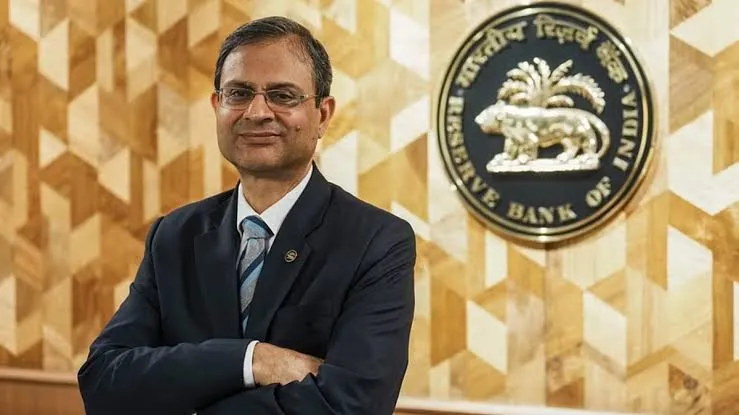A parliamentary committee is closely reviewing how well the Insolvency and Bankruptcy Code (IBC) is working. This law, which came into effect in 2016, was designed to help businesses in financial trouble either recover or close in a fair and time-bound way.
To understand the current issues with this law, the committee has asked Reserve Bank of India (RBI) Governor Sanjay Malhotra to come and speak to them on July 10. He will explain the challenges and problems being faced while implementing the IBC.
The Indian government is considering changes to its bankruptcy laws to address concerns over delays in insolvency proceedings and low recovery rates.
Currently, bankruptcy cases often take years to resolve, discouraging global investors from lending in India. Although the government had revamped bankruptcy laws nearly a decade ago, setting a resolution deadline of 330 days, many cases still go beyond this limit.
What the Committee Has Found So Far
In two earlier meetings held on May 28 and 29, the committee had raised concerns about some unclear rules and loopholes in the IBC. These unclear areas are making it hard for banks and other stakeholders to get quick and fair resolutions.
The committee is made up of 31 members and is headed by BJP MP Bhartruhari Mahtab. It includes senior and experienced politicians like:
- P Chidambaram (Congress)
- Manish Tewari (Congress)
- Gaurav Gogoi (Congress)
- Sougata Roy (Trinamool Congress)
- NK Premachandran (RSP)
- PP Chaudhary (BJP)
- Milind Deora (Shiv Sena)
Key Issue Discussed: JSW Steel Case
One major topic of discussion was the Supreme Court’s decision to cancel the resolution plan by JSW Steel for Bhushan Power and Steel Ltd (BPSL). This case showed how legal complications can delay or even reverse solutions under the IBC. The committee took note of this as a serious concern.
Third Meeting on July 10
The next meeting of the committee on this topic will be held on July 10, when:
- In the morning, representatives from State Bank of India, Bank of Baroda, Indian Bank, and Indian Overseas Bank will speak to the committee.
- Later that day, RBI Governor Sanjay Malhotra will give his views and answer questions.
According to the Lok Sabha Secretariat, the committee will hear the “oral evidence” (verbal explanation and opinions) from these top financial institutions.
On May 29, the committee had conducted a meeting of Ministry of Corporate Affairs officials, Representatives of Insolvency and Bankruptcy Board of India (IBBI) and Top banks like Union Bank of India, Punjab National Bank, and Canara Bank. Discussions have already been held with these banks and representatives and now discussions will be held with RBI Governor.
Why This Is Important
The government is planning to make changes (amendments) to the IBC. The recommendations made by this parliamentary committee will play an important role in shaping those changes.
This review is an effort to fix the problems in the current law so that the process of dealing with failed companies can become faster, clearer, and more effective.
Official data highlights the problem. In the nine months leading up to December, it took an average of 821 days for courts to approve a resolution plan. This is 35% longer than the previous financial year. At the same time, the recovery rate for creditors has declined. In the financial year ending March 2024, investors recovered only 28% of their money, compared to 46% in 2018-2019, according to the Reserve Bank of India.
Key Proposals for Reform
The government wants to reform the Insolvency Law to make recovery easier. Some of the important aspects are:
- Faster Resolution for Complex Cases – Courts may be allowed to handle the insolvency of interconnected businesses through joint hearings instead of dealing with each company separately.
- Minimizing Creditor Disputes – New measures would ensure creditor disputes do not delay a company’s progress toward a resolution plan.
- Boosting Interim Financing – The reforms encourage more funding during insolvency proceedings. Lenders providing interim finance would have greater involvement in creditor meetings.
